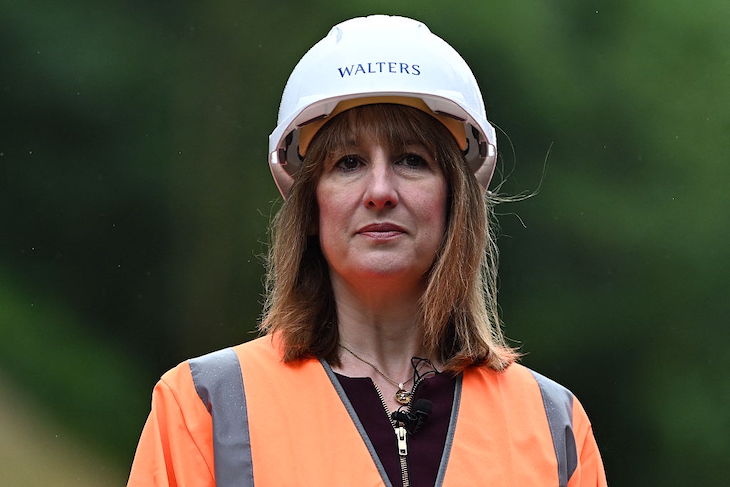The Bank of England has held interest rates at 4 per cent. Threadneedle Street’s Monetary Policy Committee (MPC) voted seven to two to keep rates where they are. The fact inflation now sits at almost double the Bank’s 2 per cent target outweighed concerns about the slackening jobs market and what its impact on Britain’s lacklustre growth.
Two members voted to cut rates to 3.75 per cent, but the overall decision is no surprise. There’s a growing sense that the bulk of committee members feel they perhaps made a mistake in cutting rates last month with inflation still climbing. Markets don’t expect another cut this side of Christmas and the implied chance of a cut at the Bank’s November meeting has fallen to 20 per cent. That said, some in the City still believe a worsening picture on jobs could mean those chances are under priced.
The argument goes that wage-price pressures in the services sector are easing and measures of money growth suggest a roof on where inflation will go (the Bank reckons it’ll peak at 4 per cent this month). But that’s set against the fact food inflation is still climbing and this week passed 5 per cent. Groceries getting more expensive is perhaps the most visible part of inflation and so the MPC worries about it a lot because of its potential to spur on wage demands.
Far more interesting, and consequential, today was the MPC’s decision on Quantitative Tightening (QT) – the process of burning the money the bank printed to fund the countries’ Covid policies. The Bank’s policy of selling certain gilts back into the market to achieve QT has coincided with a time when pension funds stopped buying them and has contributed to soaring yields and increased borrowing costs for the Chancellor.
Today, the MPC decided to slow the pace of QT from £100 billion a year of active sales to £70 billion. The Bank also said they will sell fewer longer term gilts in an effort to bring 30-year yields back down and 'flatten the curve'. That should help ease some of the upward pressure on yields and provide a bit of breathing room for the Chancellor.
Elsewhere though the Bank recommitted to its forecast that inflation is not yet done with us and that it will peak at 4 per cent this month before falling back over the next 18 months.
Rachel Reeves will be desperate for a rate cut in time for her November Budget and will be jealous of President Trump who got his own cut from the Federal Reserve yesterday, but the Bank of England is not going to support her in the same way.
Even if they did though, the fundamental problems she faces in this Budget remain: sluggish growth, ballooning spending pressures and a party unwilling to let her administer the medicine needed to properly close the fiscal blackhole.







Comments